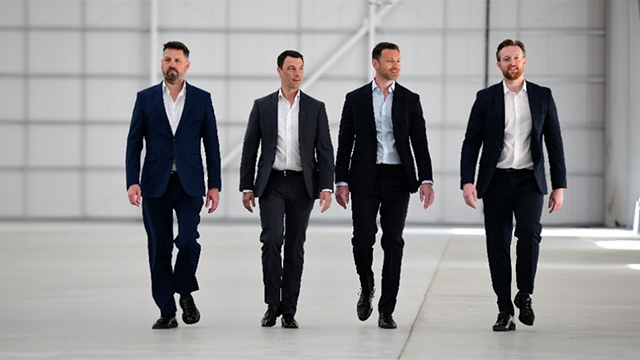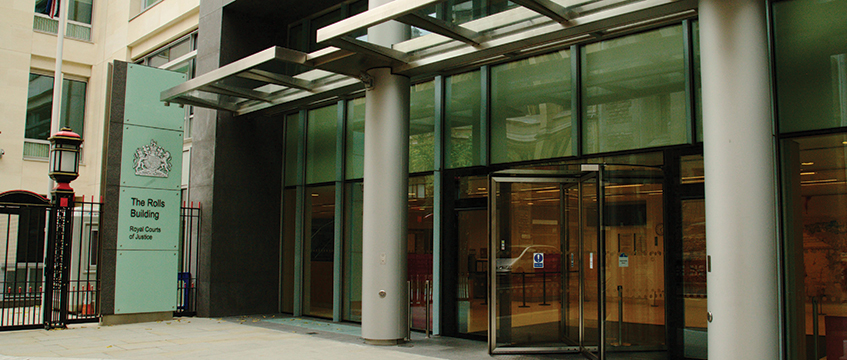Stuart Pemble considers a TCC decision detailing how and when expert witnesses might owe their clients a fiduciary duty of loyalty.
Key point
- The TCC has held that expert witnesses can owe their clients fiduciary obligations meaning that they are unable to act in both sides of the same dispute.
O’Farrell J’s decision in A Company v X and others [2020] EWHC 809 (TCC) is important for both the parties to any dispute and any expert witnesses who might be instructed to help them and the tribunal. If an expert is held to owe one party a fiduciary duty, it may stop other experts employed at the same organisation from acting for another party.
The facts
The claimant, A, was developing a petrochemical plant. It entered into a number of contracts. There were two separate sub-contracts with the same contractor for the construction of various elements of the project (including non-process buildings). And there were three separate contracts with a group of companies (the EPCM consultant) providing engineering, procurement and construction management services in relation to the project as a whole.
The project was delayed, and the contractor commenced an arbitration against A, claiming additional costs as a result of the delay and the alleged late issue of drawings in relation to the non-process buildings element (the first arbitration). The drawings were issued by the EPCM consultant and A’s position was that it would look to pass any additional costs it had to pay the contractor onto the EPCM consultant. In early 2019, A approached the first defendant, X, to provide delay expert services in the first arbitration. X was formally appointed in May and the actual delay expert witness was K, an employee based in X’s Asian division.
In the summer of 2019, the EPCM consultant commenced a separate arbitration against A for unpaid fees (the second arbitration). A counterclaimed for delay and disruption, including for any additional costs it had to pay to the contractor under the first arbitration. The EPCM consultant appointed M, another employee of X (albeit not based in Asia), to act as its quantum expert in the second arbitration. A also wanted K to act as its expert witness in the second arbitration.
A obtained an ex parte injunction stopping X and its employees from acting as experts for the EPCM consultant in the second arbitration. O’Farrell J had to decide whether or not to maintain the injunction.
Fiduciary duty
A’s primary case centred on an assertion that it was owed a fiduciary duty by X. Fiduciary duties were best defined by Millett LJ in Bristol & West Building Society v Mothew (t/a Stapely & Co) [1996] EWCA Civ 533; [1996] EGCS 136:
“A fiduciary is someone who has undertaken to act for or on behalf of another in a particular matter in circumstances which give rise to a relationship of trust and confidence. The distinguishing obligation of a fiduciary is the obligation of loyalty. The principal is entitled to the single-minded loyalty of his fiduciary.”
Millett LJ also stressed that the obligation has a number of facets, including that the fiduciary must act in good faith and do nothing to put their interests in conflict with that of their principal without the principal’s informed consent. And a fiduciary who acts for two principals with potentially conflicting interests without the informed consent of both is in breach of that obligation of undivided loyalty.
O’Farrell J had no difficulty in deciding that X did owe A fiduciary obligations. She upheld the injunction. A and K had been instructed to provide an independent expert report and to comply with duties set out in the CIArb’s Expert Witness Protocol A (Party-appointed and Tribunal-appointed Experts) as well as to provide extensive advice and support for A throughout the first arbitration: “a clear relationship of trust and confidence arose, such as to give rise to a fiduciary loyalty”.
The judge also stressed that the duty extended not just to K and A, but to the wider group of companies of which A was a part. The facts that M worked for a separate division, was based in a different geographical location and A could put in place Chinese walls to prevent the different parts of the business from seeing what the other was doing did not prevent the duty from being breached. O’Farrell J also reached this conclusion despite acknowledging that there is no general property in a witness (Harmony Shipping Co SA v Saudi Europe Line Ltd [1979] 1 WLR 1380) and that experts owed an overarching duty to the tribunal which may require them to act in a way which does not advance their client’s case (Jones v Kaney [2011] UKSC 13; [2011] PLSCS 92). She stressed that there was no conflict between the duty the expert owes to their client and that owed to the tribunal.
Barristers – a different set of rules?
Barristers (and solicitors) also owe their clients fiduciary duties. Barristers in the same set of chambers can, like K and M, share common funding, marketing and an interest in each other’s success. X argued that if it was acceptable for individual barristers in the same set of chambers to act on opposing sides in a dispute, then it was acceptable for expert witnesses as well. The judge rejected that comparison. Barristers do not share profits, are frequently required to represent unpopular clients or causes and, most importantly and unlike K and M, are self-employed.
What next?
It is unlikely that all experts will now be treated as fiduciaries. However, this shows that such a relationship can arise. Organisations providing expert witness services need to consider whether they should act for opposing parties to a dispute and consider the (tricky) issue of asking clients contractually to agree that no fiduciary duty can exist.
Stuart Pemble is a partner at Mills & Reeve











